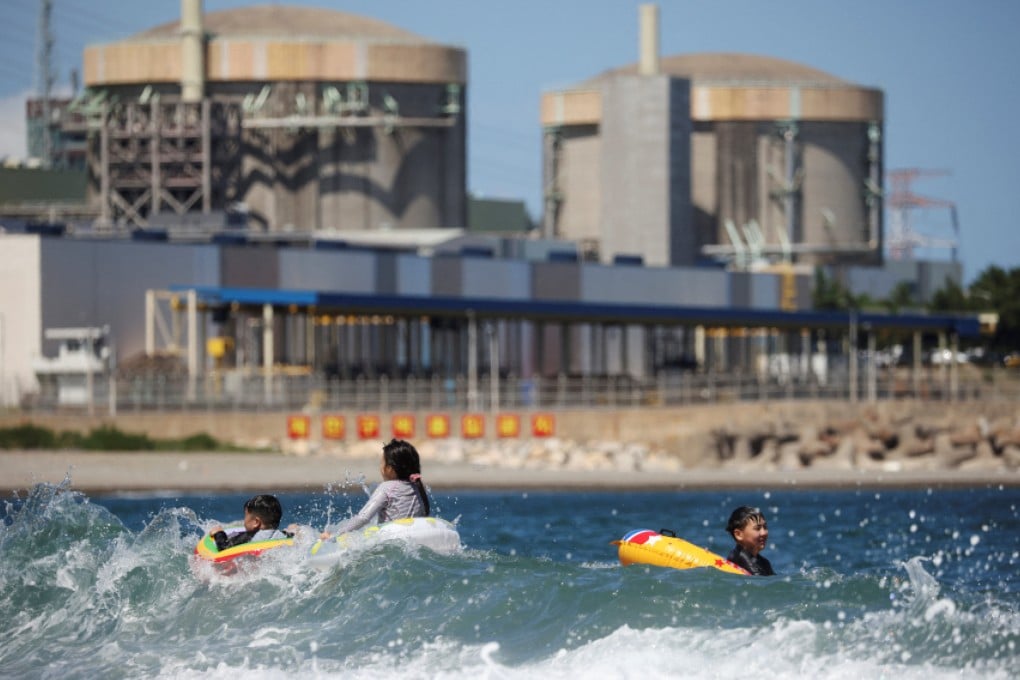The View | Ukraine war, energy crisis and geopolitical tensions mean Asian businesses must prepare for the worst
- The latest Asia Business Council survey shows firms are worried about politics increasingly encroaching on business and driving potential decoupling
- Energy is the top concern amid high prices and the continuing fallout from Russia’s invasion of Ukraine

A recent survey of Asia Business Council members, who head businesses headquartered or with significant operations in Asia, found that 38 per cent expected business conditions to worsen in the coming year. Meanwhile, 37 per cent expected conditions to remain about the same or were uncertain and 25 per cent expected conditions to improve.
That uncertainty makes it difficult to plan for the future, which explains the increasing cautiousness of some respondents. Only around half of those surveyed plan to increase capital spending in the next year, and fewer than half expect to hire additional employees. A greater share of respondents had expansion plans in both aspects at this time last year, when the pandemic-induced downturn appeared to have turned the corner.
